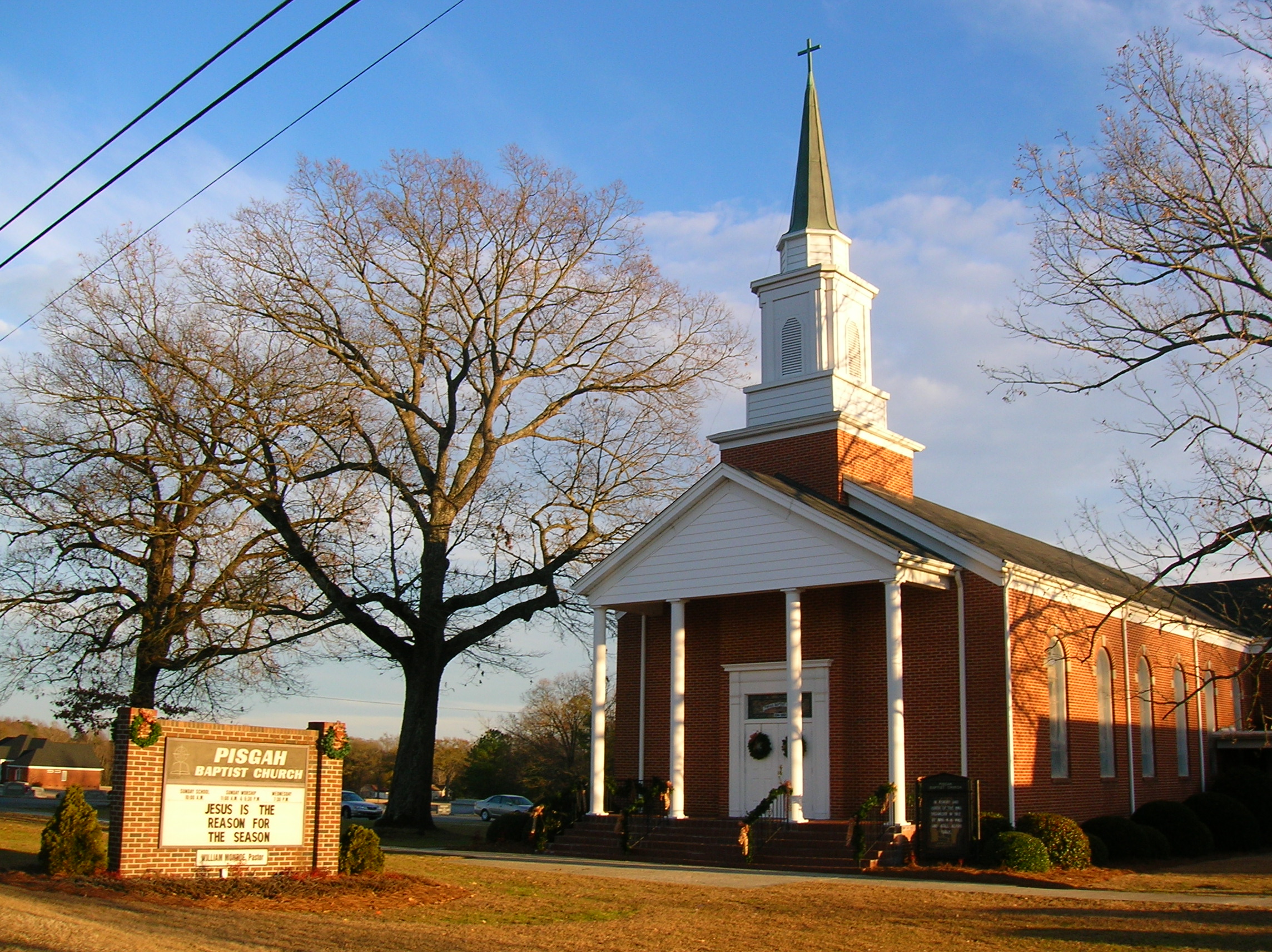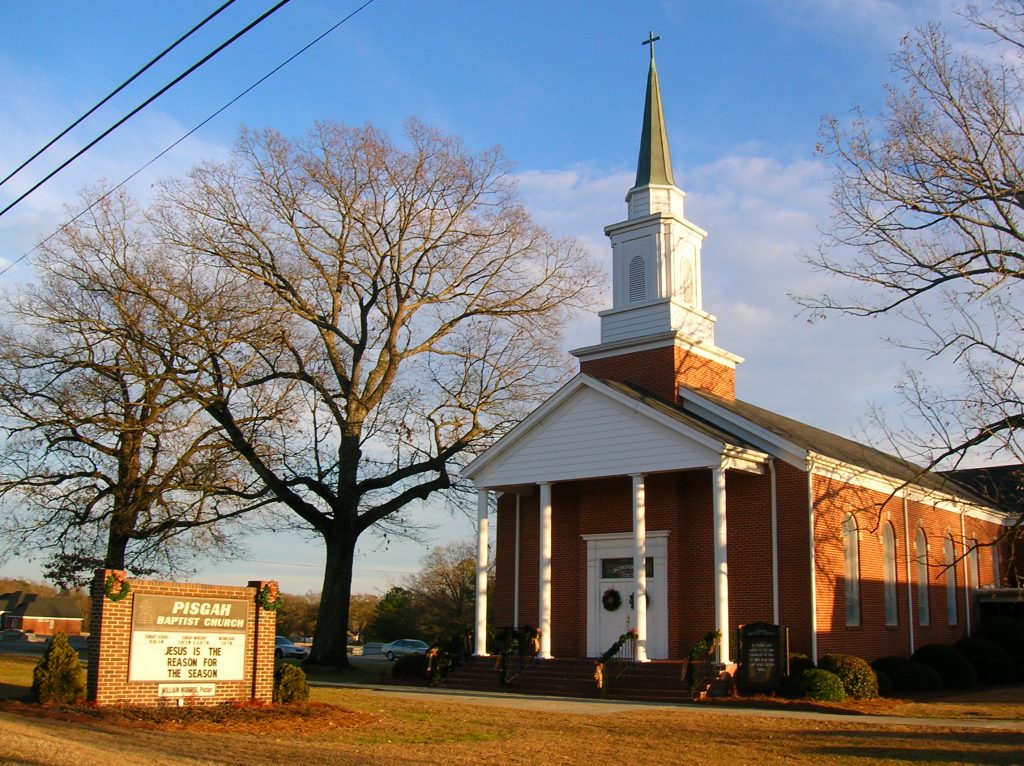Growing Share of Americans Don’t Attend Church, Believe God Had No Part in Human Origins: Gallup

A growing share of Americans believe God had no role in the origins of human beings, according to Gallup. A separate poll released this year found weekly church attendance is declining in America. Together, the findings underscore how Americans’ religious beliefs have shifted over the years.
In a report released Monday, pollsters at Gallup found the percentage of Americans who agree with the statement, “Human beings have developed over millions of years from less advanced forms of life, but God had no part in this process,” has risen from 9% in 1999 to 24% this year.
Despite this increase, most Americans surveyed still said they believe God either created human beings in their present form or that God guided the evolutionary process.
The rise in support for atheistic evolution in America tracks with decline we have witnessed in church membership and attendance.
A 2013 Gallup Poll found most Americans believe religion is losing influence in America — but a majority of Americans also believe the nation would be better off if Americans were more religious. Another Gallup survey published that year found weekly church attendance in America had decreased to levels roughly on par with where it was in the 1940s.
In 2017, Pew Research Center found a growing share of Americans identify as “spiritual but not religious.”
And earlier this year, Gallup reported that weekly church attendance has declined in America since 2000.
Along the way, pundits and pollsters have also noticed growing interest in the occult — especially among young people.
It’s worth pointing out that a large number of people still attend church, and most Americans still profess to be Christians, but the changes our country is seeing are still significant.
We have written before how — contrary to popular belief — the so-called “culture wars” are not prompting people to stop going to church. Churches have opposed abortion and infanticide for the better part of the past 2,000 years, and Christians have affirmed that marriage ought to be the union of one man to one woman since the first century. Believers have addressed these topics and others publicly for the past two millennia.
Unfortunately, declining church attendance and shifting religious views could be a symptom of people simply seeing church gatherings — and faith in general — as inconvenient, unnecessary, and irrelevant. In fact, many believers think they can follow Christ without the church. But being part of a local group of believers isn’t optional. It’s an important part of discipleship. Christians help each other grow in the faith.
Articles appearing on this website are written with the aid of Family Council’s researchers and writers.





